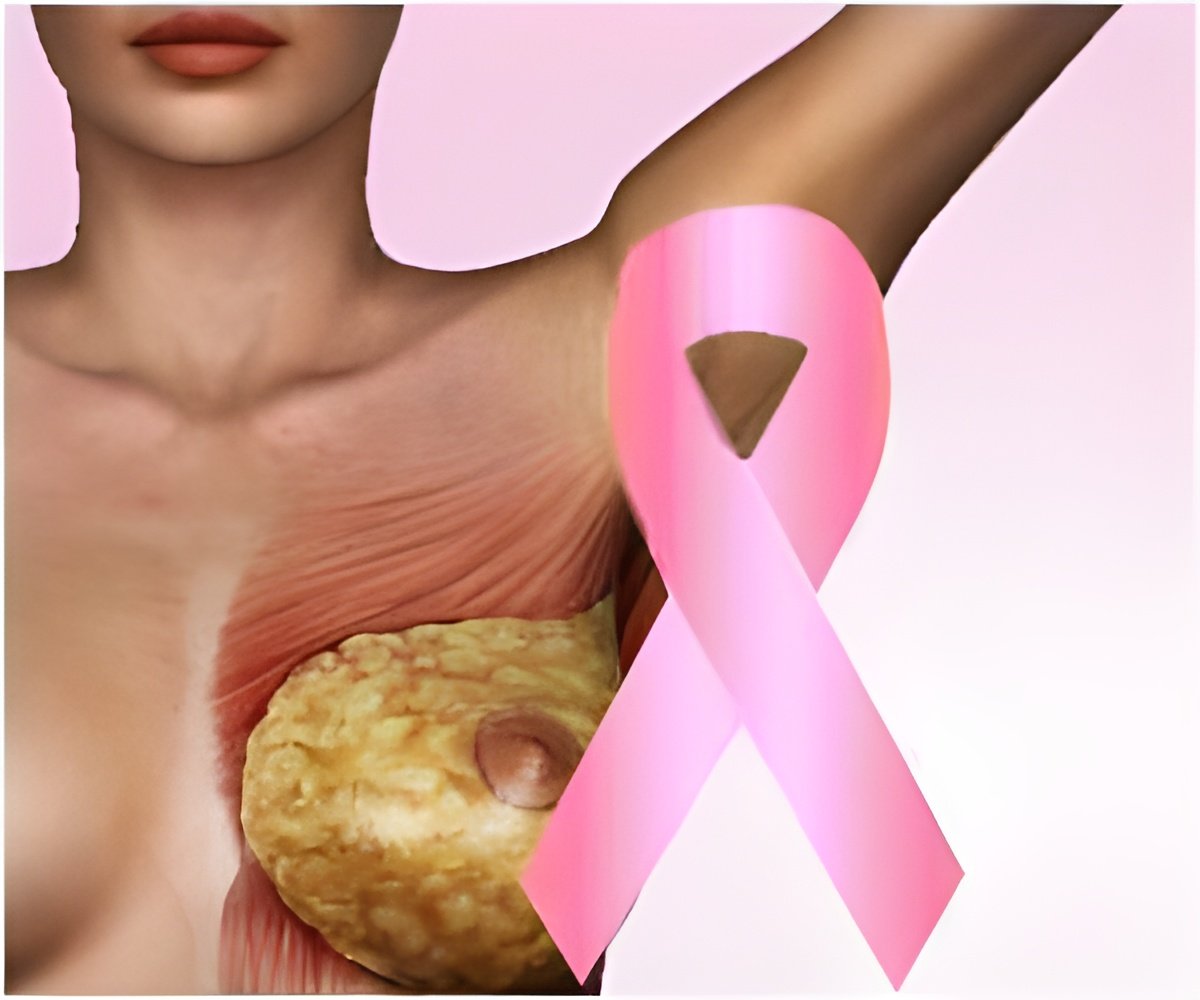
Cells of certain human tumors rely on intact DNA repair pathways for survival. Prior research has shown that proteins such as ATR, CHK1 and BRCA1 are essential parts of a cell''s response to DNA damage and its subsequent repair of the damage. These three proteins are controlled or chaperoned by heat shock protein 90 (hsp90).
Bhalla and colleagues previously found that treatment with an HDAC inhibitor renders hsp90 inactive, thus impeding the DNA damage response that involves the ATR, CHK1 and BRCA1 proteins. Therefore, HDAC inhibition creates an environment within cells that is similar to that seen in breast cancer cells with BRCA1 mutations.
"In simple terms, we are trying to cause a "BRCAness" so that you confer on triple-negative breast cancer cells the sensitivity to PARP inhibitors or platinum therapy seen when BRCA1 mutations are present," Bhalla said.
The researchers examined the mechanism of action of HDAC inhibitors and determined that inhibition of HDAC3 specifically rendered hsp90 inactive and consequently inhibited repair of damaged DNA.
"The icing on the cake, so to speak, was that in addition to inhibiting the DNA damage response through depletion of DNA repair proteins, HDAC inhibitors induced DNA damage," Bhalla said. "By using HDAC inhibitors, we were targeting the cancer two ways at once."
Advertisement
If further validated, the findings of this study could have implications for women with triple-negative breast cancer and possibly even women with ovarian cancer, which has a genetic makeup similar to that of triple-negative breast cancer, according to Bhalla.
Advertisement
Bhalla has received clinical research support from Novartis Oncology, which makes panobinostat, the HDAC inhibitor used in the studies.
Source-Newswise














